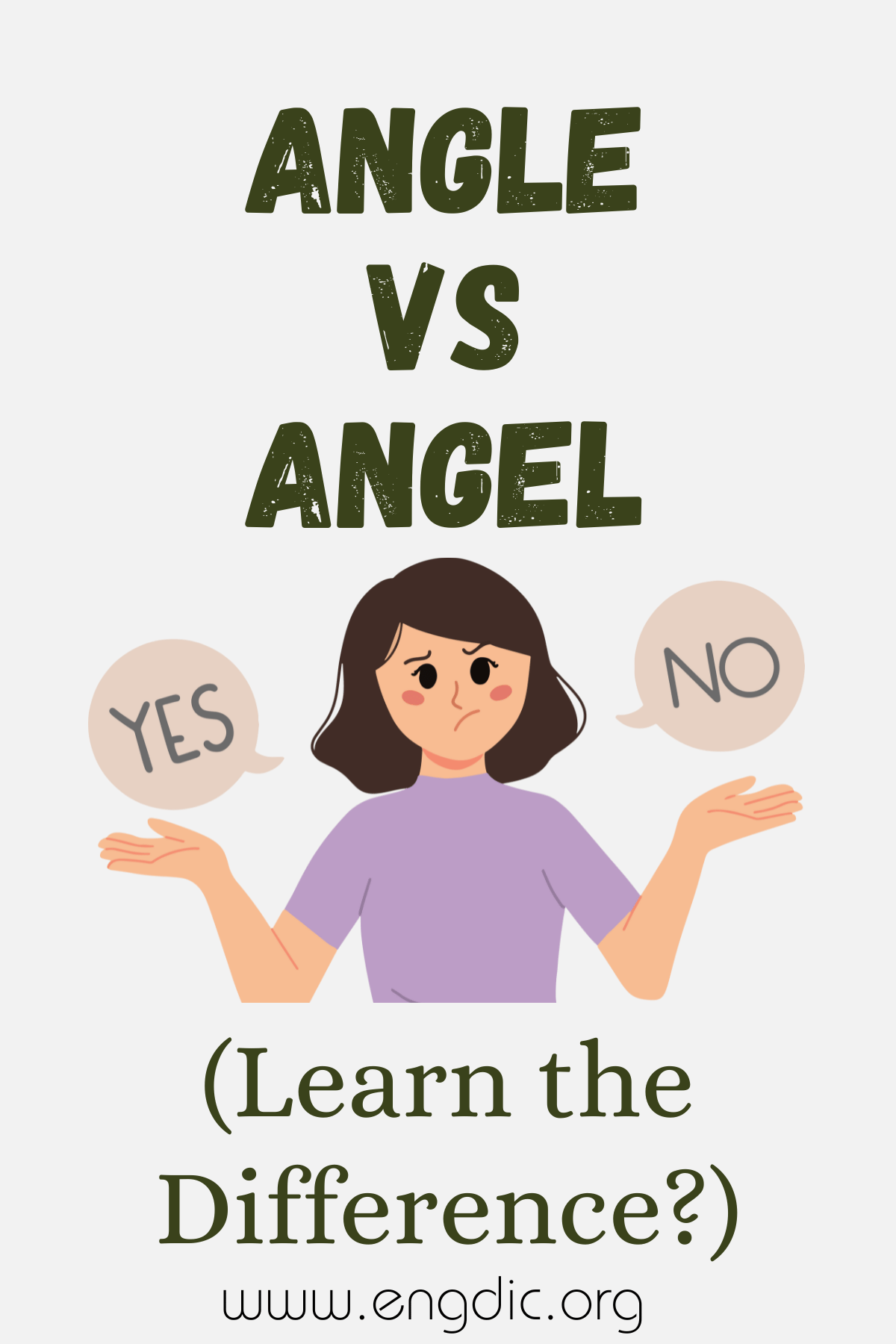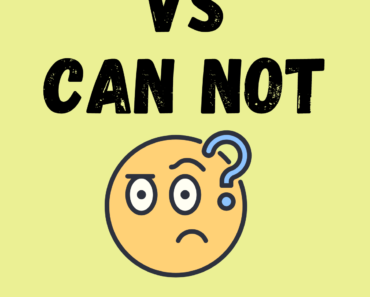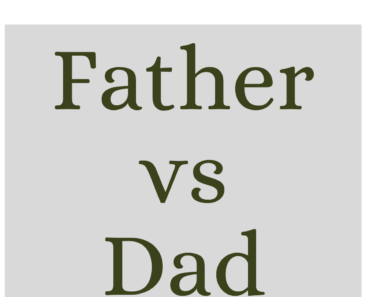The difference between “angle” and “angel” goes beyond just the rearrangement of letters; these words have entirely different meanings. “Angle” refers to the figure formed by two lines meeting at a point, or a perspective or approach to something.
On the other hand, “angel” is a supernatural being often depicted as a messenger or protector in religious contexts. Though they look similar, these words are distinct in their definitions and applications, and misusing them could lead to confusion in communication.
Angle
Definition:
An angle is a measure of the rotation needed to bring one line or plane into coincidence with another, generally measured in degrees or radians. It can also refer to a particular perspective or approach to a situation.
Usage:
- Geometry:
In geometry, an angle measures the space between two intersecting lines.
Example: The teacher drew a 90-degree angle on the board to explain right angles. - Perspective or Approach:
In a figurative sense, “angle” describes someone’s approach or viewpoint on a topic.
Example: The journalist took a unique angle on the political issue in her article. - Fishing Term:
The word “angle” is also used in fishing terminology, relating to the use of a hook.
Example: The angler cast his line at the perfect angle to catch a trout.
Angel
Definition:
An angel is a supernatural being, often described in religious texts as a messenger or guardian. Angels are typically depicted as beings with wings and halos, symbolizing purity and divinity.
Usage:
- Religious Context:
In religious contexts, angels are often seen as messengers of God or spiritual beings providing guidance.
Example: The biblical story describes how an angel appeared to Mary to announce the birth of Jesus. - Guardian or Protector:
People sometimes refer to others as angels metaphorically when they exhibit kindness or protection.
Example: She was my angel during those difficult times, always offering support. - Art and Literature:
Angels frequently appear in art and literature, symbolizing hope, guidance, or divine intervention.
Example: The Renaissance painting depicted a group of angels watching over the shepherds.







